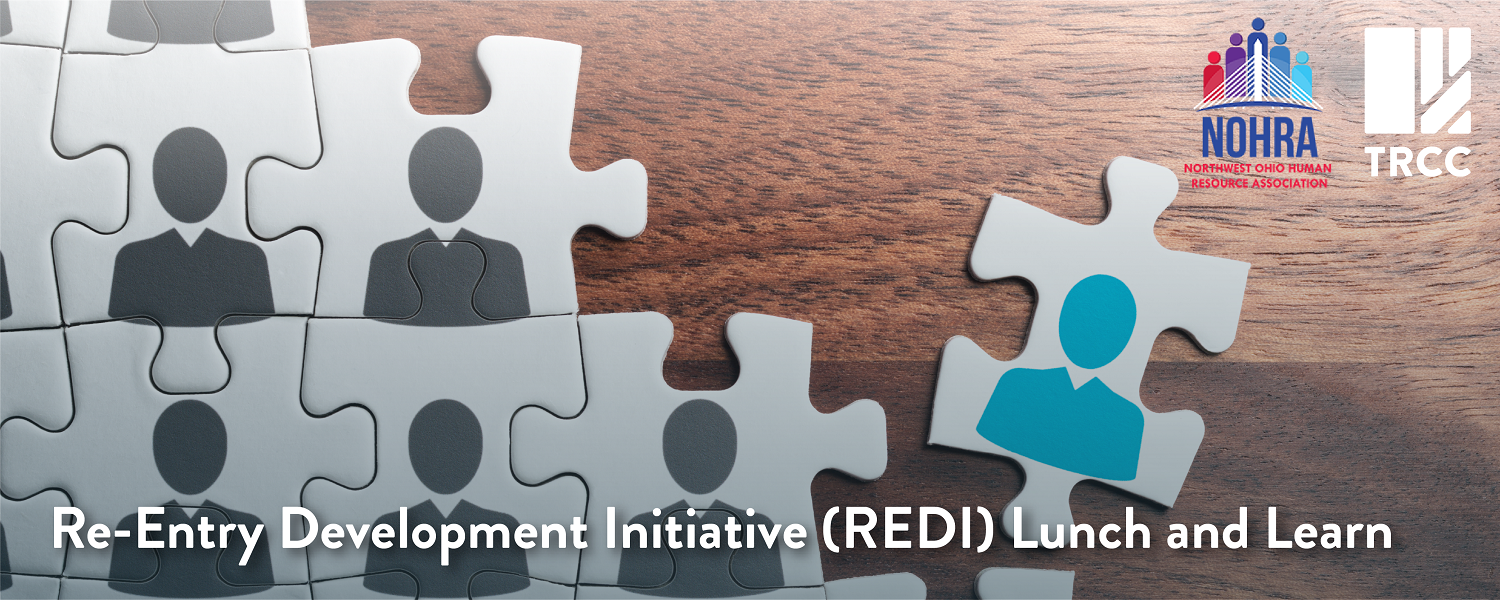At Zepf Center, Director of Workforce Development Craig Gebers not only works with returning citizens, but customers with substance use and mental illness in the NetWORK Division. At NetWORK, Gebers and his coworkers work on developing the individual, looking at their potential and opening the door to opportunity using assessments like Work Ready Lucas County and CareerScope to find the right job match. Zepf Center also offers programming like Bring Your ‘A’ Game, which focuses on the seven As: Attitude, Appearance, Attendance, Achievement, Accountability, Ambition and Acceptance. Getting Ahead is a program that works with individuals in multigenerational poverty with barrier removal, development of soft skills, mobility coaching and access to training. The Skill Up to Move Up program offers training in certified production assistant careers, automotive repair, logistics tech, commercial driver’s licensure, forklift and welding offered through Penta Career Center, Owens Community College, Northwest State Community College and Trainco Truck Driving Schools. Services are also offered to employers for prescreening, testing, interviewing and developing employees to meet employers’ needs.
Zepf Center has organically become an employer of second chances due to the population they work with. Ursula Barrera-Richards, chief human resources officer for Zepf Center, stated at the April 30 event, “We are not in a position to arbitrarily eliminate candidates in this tight labor market. … It’s how we ask that can make the difference” when it comes to employers asking about criminal histories.
Using inclusive language, which can be found using a human resource information system, can be helpful in fair chance hiring. It’s key to avoid perpetuating stereotypes for prospective applicants in order to create a more welcoming workplace culture. An applicant who may have a troubled history that disqualifies them from one position may be perfectly suited for another position. For employers who see potential rather than barriers, these types of opportunities await.
All three speakers recommended during the April 30 event to have an open conversation with applicants about potential criminal backgrounds. By asking what they have done to better themselves in their time since re-entering society, you can gain a better understanding of the individual. Opening your doors to returning citizens is one of the first steps in helping those with a criminal history toward helping them reintegrate them into society, and your business can undoubtedly benefit, too.
Additional resources:
- Are you or one of your employees running a background check? Ensure you understand how to read background checks and avoid risky background checks by reading the FCRA 101.
- Interested in learning more about the Toledo Chamber’s Re-Entry Development Initiative or in attending a future REDI event? Please click here.
- 9 Myths About Hiring People with Criminal Records
- Hiring People with Criminal Backgrounds Is Easier Than You Think
- Enforcement Guidance on the Consideration of Arrest and Conviction Records in Employment Decisions under Title VII of the Civil Rights Act
- Individualized Assessment of Criminal Background Checks
| Megan Stretavski is the workforce initiatives manager for the Toledo Regional Chamber of Commerce. For more information about the Re-Entry Development Initiative, please contact Megan at [email protected]. |



 RSS Feed
RSS Feed
